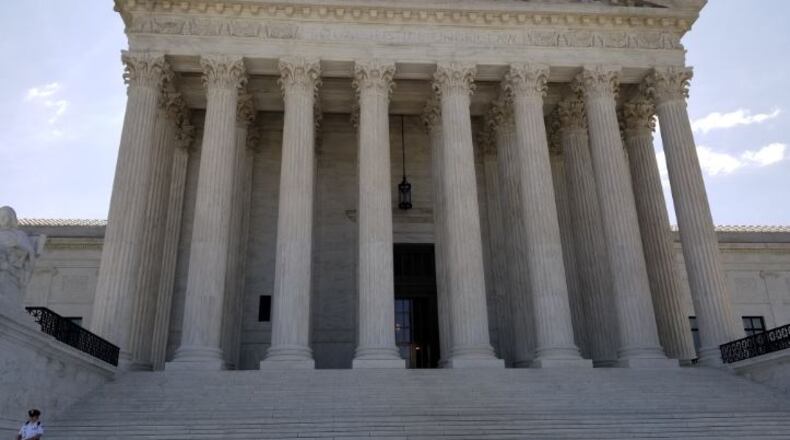In a historic first from the U.S. Supreme Court, the Justices ruled unanimously on Wednesday that the Eighth Amendment ban on excessive fines does apply to state and local governments, ruling in favor of an Indiana man who had his expensive car seized by police after he was arrested for a small amount illegal drugs.
Writing for the High Court, Justice Ruth Bader Ginsburg said "the protection against excessive fines guards against abuses of government's punitive or criminal law-enforcement authority" found in the Eighth Amendment.
Originally, the Bill of Rights was intended only to be applied to the federal government - but over time, the courts have ruled that it also applies to the states, and this was the first time the U.S. Supreme Court took that step when it comes to the issue of police and civil seizures.
“For good reason, the protection against excessive fines has been a constant shield throughout Anglo-American history," Ginsburg wrote. "Exorbitant tolls undermine other constitutional liberties."
At issue was a Land Rover SUV that Tyson Timbs had purchased before his arrest, with money from an insurance policy after the death of his father.
Under Indiana guidelines, the maximum monetary fine which could be levied against Timbs for his crime of dealing in a controlled substance was $10,000 - but the car was worth more than four times that amount.
Reaction was swift in favor of the ruling, as the NAACP Legal Defense Fund labeled it, “A huge victory for criminal justice reform.”
About the Author
The Latest
Featured


